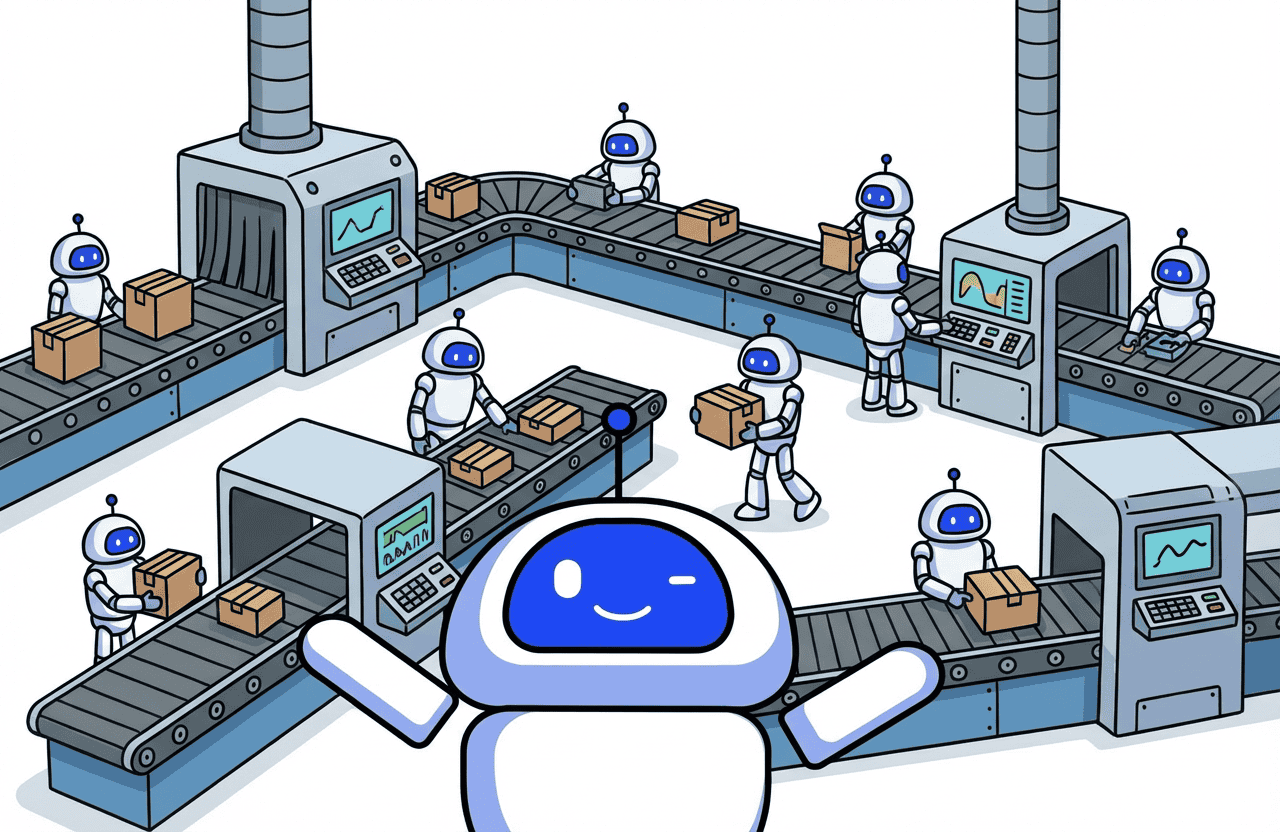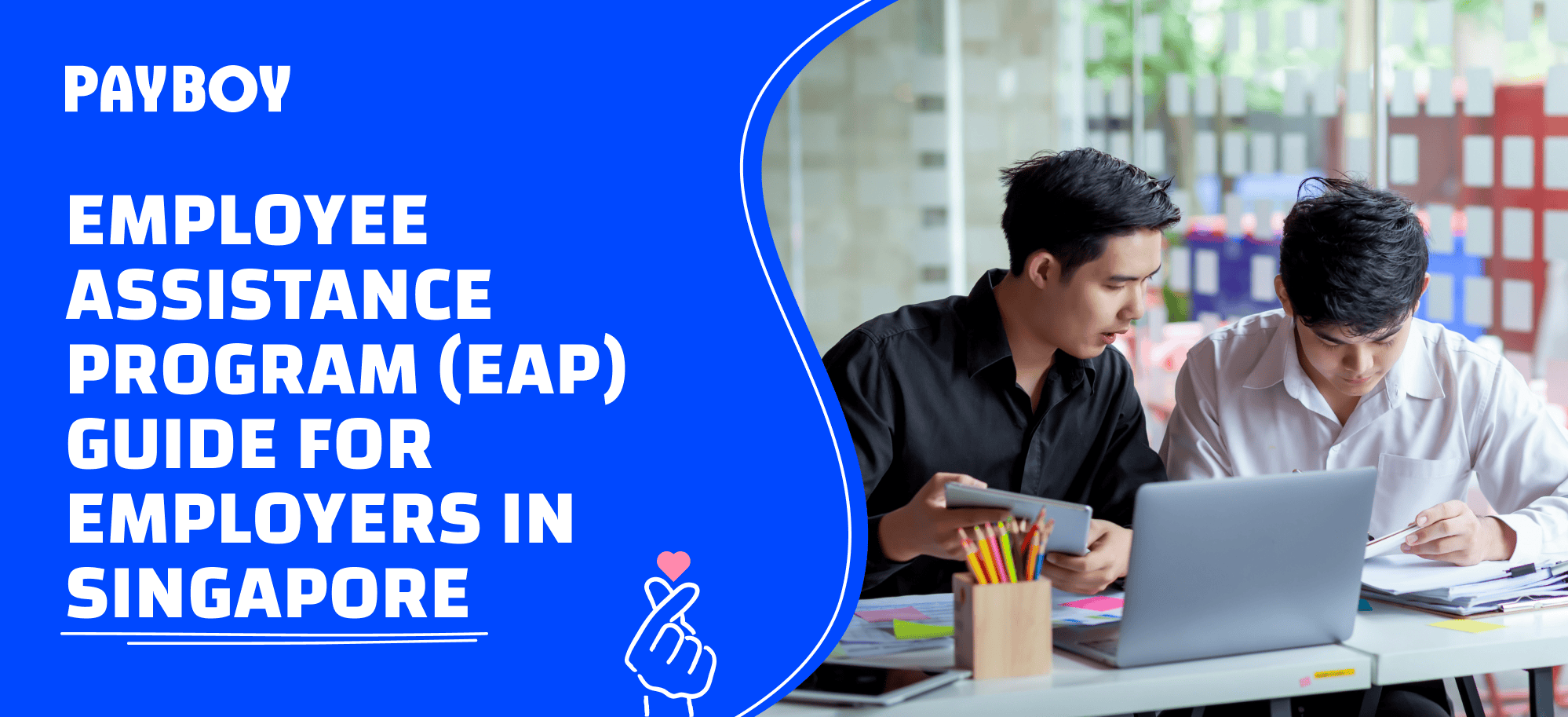Human Resources (HR) is evolving due to technological innovations, with companies shifting from traditional methods of managing people to more dynamic ones. If properly enabled, HR can have a huge impact on organisations.
As we are in the age of AI, a different set of focal points may be able to change the HR field even further. This is why we've created a new eBook called “The Future of HR: 9 Trends You Need to Know in the Age of AI.”
In this eBook, we highlight nine trends in three aspects: technology, process, and mindset, which leaders and managers can take into account for goal setting. Only time will tell how it will play out as HR adopts these new developments. But we are here to keep you prepared for the upcoming changes in the market and help you thrive in the AI-enabled workplace.
Click the link to download the full eBook for free!
Technology
1. The introduction of HR metaverse
By 2026, Gartner predicts that 25% of people will spend at least one hour a day in the metaverse for work, education, entertainment, and more. Companies are expected to use intelligent digital workspaces to facilitate remote work, and many are putting money into immersive learning with AR and VR.
Investing in the metaverse is expected to set companies apart from others. To embrace this technology, HR can come up with new policies, redesign the virtual workspace, and use the metaverse to provide interactive and immersive learning experiences.
2. The adoption of AI and automation
AI and automation are being used more and more in HR functions. By 2023, 60% of Global 2000 companies are expected to use AI and machine learning throughout the whole employee lifecycle. AI applications in HR help increase the number of candidates, speed up the hiring process, improve employee engagement, and retain more of them.
As an example, ChatGPT has shown how AI and automation can be used to perform complex tasks at the same level as humans. Companies all over the world are starting to use AI technology to explore data opportunities, enhance data accuracy, improve internal workflows, and boost productivity. With the coming development of GPT-4, we can expect it to greatly improve and expand the abilities of people in many professional and academic fields.
3. The importance of people analytics
PwC and IDC FutureScape say that companies are investing in data analytics and intelligent knowledge networks to find and develop talent, improve employee retention and loyalty, and use information more effectively. However, there are challenges with data quality and governance, and many organisations are still in their early stages.
To embrace people analytics, HR leaders should evaluate the current state of analytics adoption, identify areas needing adoption, and develop an effective action plan covering strategy, data, technology, process, and people.
Process
4. The development of wellness programmes in the workplace
The next HR trend is for organisations to take on a bigger role in preventing employee burnout and promoting their overall health and happiness. Stress at work negatively affects almost three out of five employees (American Psychological Association), and HR needs to focus on both mental and physical health.
Companies are encouraged to develop a holistic approach to well-being and embed wellness programmes across all organisational levels and environments. Check out the five environment practices for individuals, teams, and organisations, respectively, to promote well-being at work.
5. The urgency of workforce upskilling
In the next few years, HR will need to focus on closing the skills gap and upskilling employees to improve value in the organisation and retain employees. McKinsey reports that 87% of companies are aware that they have or will have a skills gap soon.
To address this, HR will need to create a learning culture, invest in personalised workplace learning, and set up a place where people can learn together as a team. Effective reskilling and upskilling strategies can support a future-proof workforce and have positive impacts on the business.
6. The impact of a healthy organisational culture
The 2021 Deloitte Global Human Capital Trends show that organisational culture, workforce capability, and technology are the top factors executives identified as important in transforming work. Toxic corporate culture is a leading predictor of high turnover rates, and the recognition of high-performing employees is also essential.
The trend for the upcoming years is expected to be building more inclusive HR practices. Opportunities for creating healthier and more inclusive workplaces include organising social events, offering remote work options, making schedules more predictable for front-line employees, establishing policies for people with disabilities, and promoting diversity in the workplace.
People
7. The expansion of workplace flexibility
Due to the digital transformation and the uncertainty of the future outlook, companies have been shifting the workplace system and culture towards a more flexible approach that includes working from home or in a hybrid way. To retain employees, companies need to consider flexibility and promote a more balanced work culture.
Changing the way people think about flexible work is important. According to the Global Talent Trends 2022 Report by Mercer, almost half of employees would prefer to work in a hybrid or remote way. Moreover, over one-third of companies have already redesigned roles as fully agile, fully traditional, or a blend of both. Therefore, HR needs to come up with plans to improve working conditions and culture, such as using a mixed talent acquisition strategy, repurposing buildings, and offering flexible benefits.
8. The significance of a purpose-driven workplace
The importance of purpose in organisations has undergone a fundamental shift in recent years. Many employees prioritise contributing to society and doing work that matters, but only a small percentage of purpose statements reflect these values.
HR will play a key role in shaping and empowering talent that fits with the company's mission. This can help engage employees, increase productivity, and fill talent gaps. Leaders are encouraged to give people a shared sense of purpose and motivation while connecting the company's purpose to environmental, social, and corporate goals.
9. The focus on improving financial wellbeing
Financial wellness is an often overlooked area of support for employees. Many are stressed about their finances, with one in four working more jobs to make ends meet, according to PwC. Money problems can also cause mental health problems that can have a direct impact on an employer's productivity and overall performance.
To help with the rising cost of living and their well-being, it is essential for employers to demonstrate a genuine concern for the financial well-being of their employees. Employers should make it a priority to organise personal finance workshops, promote different benefit programmes, and use digital tools to reduce the financial stress that affects their work.
Download Full eBook
Streamline your HR processes with Payboy today!
As a PSG-approved HRMS, Payboy provides a robust system to help you manage your HR tasks so that you can focus on your business and people!
With our wide range of modules, you can customise a solution to meet the specific needs of your business:
Payroll Processing | Leave Management | Claims Management | Applicant Tracking
Time Attendance | Shift Scheduling | Appraisal System | Inventory Management
Project Costing | Training Management | Benefits






















